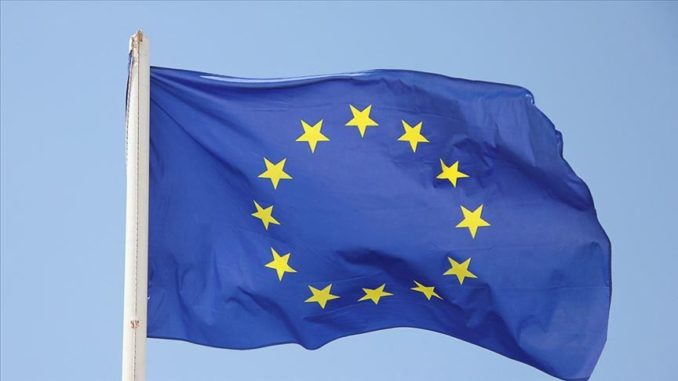
European Union leaders will sit down next week with Chinese Prime Minister Li Keqiang to discuss the bloc’s relationship with Beijing, perhaps the biggest external economic and diplomatic challenge currently facing the EU.
Li’s trip comes barely a fortnight after Chinese President Xi Jinping ended a three-nation European tour, which took him to Italy, Monaco and France.
The Chinese premier’s visit to Europe scheduled for April 8 to 12, will take him to Brussels for the 21st China-EU leaders summit and Croatia for an official visit and the meeting of China and Central and Eastern European countries (CEEC), according to Chinese Foreign Ministry.
European Council President Donald Tusk and European Commission President Jean-Claude Juncker will co-host the EU-China summit.
“Our aim is to focus on achieving a balanced relation, which ensures fair competition and equal market access. In this context, we hope to persuade China to include industrial subsidies as a crucial element of the Word Trade Organisation reform,” Tusk said in late March.
Both sides will also discuss the future of global governance, the implementation of the Paris Agreement on climate change, the issues of sustainable development, cybersecurity, and security issues in the region, the European Commission’s website said.
China is the second-largest trade partner for EU with goods worth $674 billion, according to Eurostat.
Data show the EU had a trade deficit worth $185 billion with China last year.
‘Systematic rival’
A European Commission policy paper has branded China a “systemic rival” to the EU in some aspects.
The union’s biggest economies Germany and France have also been mulling policies to limit China’s economic influence, like tightening foreign investment rules.
Meanwhile, southern European economies, like Greece and Portugal that have been starved of investment since the eurozone crisis, have welcomed Chinese investment. China has invested in ports, energy companies and infrastructure projects in southern and eastern European countries.
Italy joined China’s Belt and Road Initiative in March and signed 10 deals with Beijing that could potentially be worth $22.70 billion.
In doing so, Italy has become the first G7 nations to join the multi-billion dollar initiative sparking unease in the EU and U.S.
The Belt and Road Initiative aims to re-establish a Silk Road connecting China to Europe via Asia.
‘EU should welcome China’
Experts monitoring the situation claim that China should be welcomed in European markets as it is on its way to become the largest economy of the world.
“China is on its way to become the largest economy in the world. It is an important destination for EU exports and investment. At the same time the EU is an important market for Chinese exporters and investors,” Clemens Fuest, president of the Ifo Institute, a Munich-based think tank, told Anadolu Agency.
“But some member states seem to prefer pursuing their own policies. This undermines the bargaining power of all EU member states when negotiating with China,” he added.
Commenting on the trade war between China and the U.S., Fuest said that the EU should be “neutral” in this conflict.
Fuest explained the rise of China creates many opportunities on both sides and economic exchange is mutually beneficial.
“At the same time there may be conflicts of interest. In particular, the EU needs to make sure that European firms enjoy the same conditions including market access as those enjoyed by Chinese firms operating in the EU,” he concluded.
Wang Peng, a financial researcher at the Renmin University of China, said: “I am quite optimistic about the future relationship of EU-China, due to their high potential of economic and cultural cooperation and very limited strategic-security conflicts.”
“China is now reforming its legal system, which may offer new opportunities for all foreign companies, investors, and tourists, including Europeans, American, Turkish, and all of the world,” he added.
BY ANADOLU AGENCY
